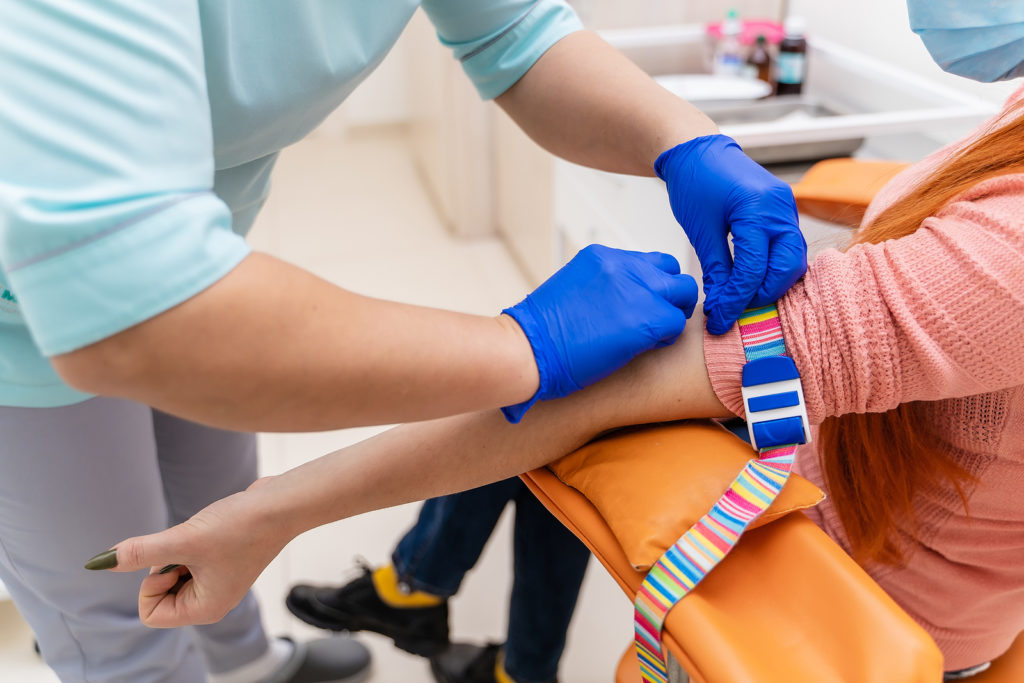10 Simple Techniques For Northeast Medical Institute - New Haven Campus Phlebotomy Course & Cna Class
10 Simple Techniques For Northeast Medical Institute - New Haven Campus Phlebotomy Course & Cna Class
Blog Article
Some Known Details About Northeast Medical Institute - New Haven Campus Phlebotomy Course & Cna Class
Table of ContentsSome Ideas on Northeast Medical Institute - New Haven Campus Phlebotomy Course & Cna Class You Need To KnowSome Known Details About Northeast Medical Institute - New Haven Campus Phlebotomy Course & Cna Class The Best Strategy To Use For Northeast Medical Institute - New Haven Campus Phlebotomy Course & Cna ClassNot known Factual Statements About Northeast Medical Institute - New Haven Campus Phlebotomy Course & Cna Class Getting The Northeast Medical Institute - New Haven Campus Phlebotomy Course & Cna Class To WorkUnknown Facts About Northeast Medical Institute - New Haven Campus Phlebotomy Course & Cna Class
The usage of such devices need to be come with by other infection avoidance and control methods, and training in their use.For settings with low sources, cost is a motoring factor in procurement of safety-engineered tools. Where safety-engineered tools are not offered, proficient use of a needle and syringe is appropriate.
Among the essential markers of high quality of treatment in phlebotomy is the involvement and cooperation of the person; this is equally useful to both the health and wellness worker and the individual. Clear information either written or verbal ought to be available to every person who undergoes phlebotomy. Annex F offers example text for clarifying the blood-sampling procedure to a patient. In the blood-sampling space for an outpatient department or center, supply a comfortable reclining couch with an arm rest.
The smart Trick of Northeast Medical Institute - New Haven Campus Phlebotomy Course & Cna Class That Nobody is Discussing
Make sure that the indications for blood tasting are clearly specified, either in a composed protocol or in documented directions (e.g. in a laboratory type). Gather all the equipment required for the procedure and location it within secure and easy reach on a tray or trolley, making sure that all the items are plainly visible.
Present on your own to the person, and ask the patient to state their full name. Check that the research laboratory form matches the patient's identification (i.e. match the client's details with the research laboratory type, to make sure accurate recognition).
Make the individual comfy in a supine placement (if feasible). The person has a right to decline a test at any type of time prior to the blood sampling, so it is vital to make certain that the individual has recognized the procedure - Phlebotomy Classes.
The Best Guide To Northeast Medical Institute - New Haven Campus Phlebotomy Course & Cna Class
Prolong the patient's arm and examine the antecubital fossa or lower arm. Situate a vein of a great size that is noticeable, straight and clear.
DO NOT place the needle where capillaries are diverting, because this increases the chance of a haematoma. Locating the vein will certainly help in determining the right size of needle.
Haemolysis, contamination and presence of intravenous liquid and medicine can all alter the results (39. Nursing team and physicians may access central venous lines for samplings complying with procedures. However, samplings from central lines bring a danger of contamination or erroneous laboratory test outcomes (https://www.storeboard.com/northeastmedicalinstitute-newhavencampusphlebotomycourseandcnaclass1). It is appropriate, but not optimal, to injure samplings when first introducing an in-dwelling venous device, prior to connecting the cannula to the intravenous liquids.
Get This Report about Northeast Medical Institute - New Haven Campus Phlebotomy Course & Cna Class
Enable the area to completely dry. Failure to allow enough contact time increases the threat of contamination. DO NOT touch the cleansed site; in specific, DO NOT place a finger over the capillary to direct the shaft of the exposed needle. It the site is touched, repeat the sanitation. Execute venepuncture as complies with.
Ask the person to develop a fist so the blood vessels are extra noticeable. Get in the capillary swiftly at a 30 level angle or much less, and continue to introduce Go Here the needle along the blood vessel at the most convenient angle of entry - PCT Classes. Once enough blood has actually been gathered, launch the tourniquet prior to withdrawing the needle
Little Known Questions About Northeast Medical Institute - New Haven Campus Phlebotomy Course & Cna Class.
Withdraw the needle carefully and use gentle pressure to the website with a clean gauze or completely dry cotton-wool ball. Ask the individual to hold the gauze or cotton woollen in place, with the arm expanded and increased. Ask the individual NOT to flex the arm, due to the fact that doing so creates a haematoma.

The Definitive Guide to Northeast Medical Institute - New Haven Campus Phlebotomy Course & Cna Class
Do not push the syringe plunger due to the fact that added pressure increases the threat of haemolysis. Where feasible, keep televisions in a rack and move the shelf towards you. Infuse downwards right into the suitable coloured stopper. DO NOT remove the stopper since it will certainly launch the vacuum cleaner. If the example tube does not have a rubber stopper, infuse incredibly slowly into television as decreasing the pressure and speed used to move the sampling decreases the threat of haemolysis.
Report this page